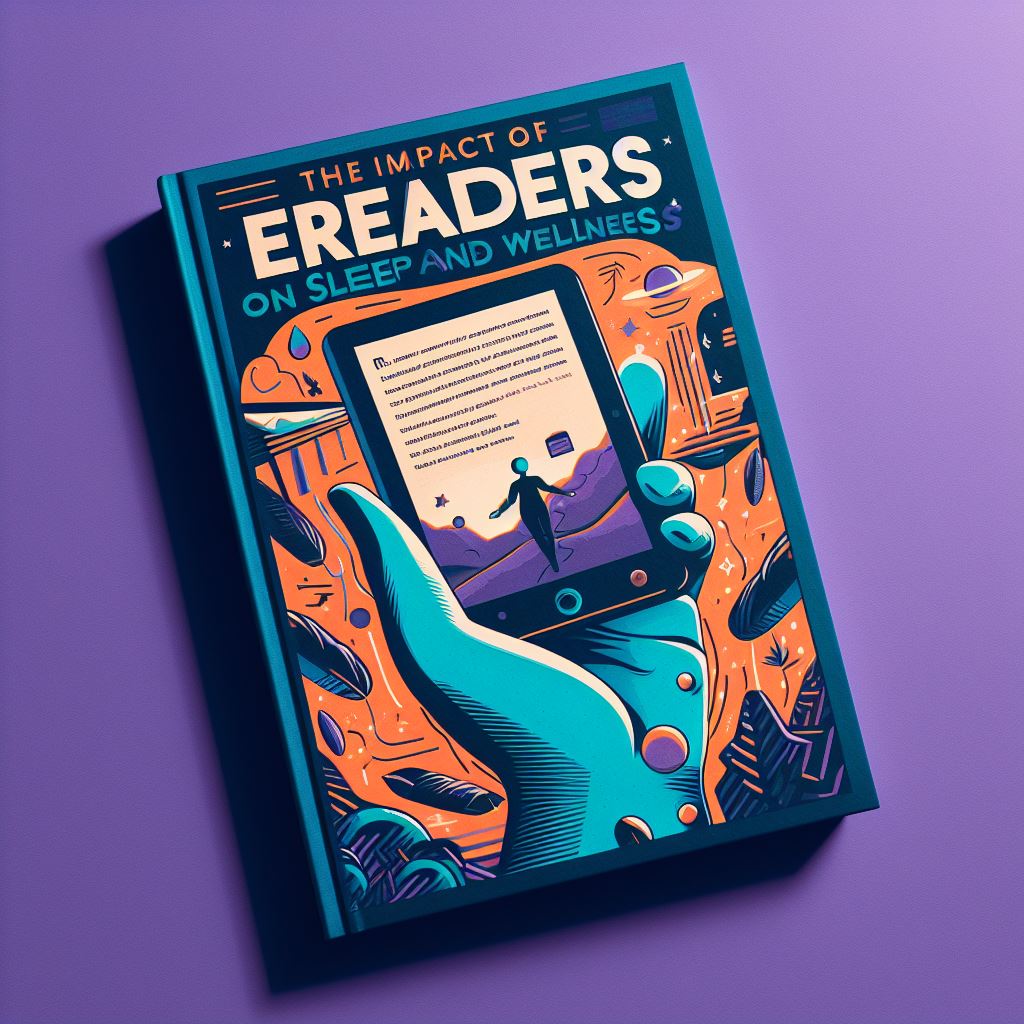
In today’s digital age, eReaders have revolutionized the way we read, providing convenient access to an entire library of books in a single device. The portability, adjustable font sizes, and easy access to a wide range of books have made eReaders a popular choice among avid readers. However, as we delve into the effects of eReaders on sleep and wellness, it becomes clear that these devices may have some unintended consequences.
Understanding eReaders
eReaders are dedicated digital devices designed for reading digital e-books. They utilize e-ink screens that mimic the look of printed paper, reducing eye strain and providing a more pleasant reading experience. Unlike traditional backlit screens, eReaders emit less blue light, which can disrupt sleep patterns. Popular brands such as Kindle, Nook, and Kobo offer a variety of eReaders with different features and functionalities. Before choosing an eReader, it’s important to consider factors such as battery life, screen size, and compatibility with different e-book formats.
The Science Behind eReaders and Sleep
While eReaders offer benefits such as reduced eye strain and a more natural reading experience, the built-in light feature of these devices can hurt sleep. Research published in the Proceedings of the National Academy of Sciences has shown that the short-wavelength enriched light emitted by eReaders, also known as blue light, can disrupt circadian rhythms, suppress melatonin secretion, and decrease next-morning alertness 1. This can lead to difficulty falling asleep, reduced sleepiness in the evening, and a delayed circadian rhythm.
Blue light has been shown to interfere with the body’s natural sleep/wake cycle by suppressing melatonin, a hormone that plays a crucial role in regulating sleepiness and promoting sleep. The use of eReaders before bedtime can disrupt the secretion of melatonin, making it harder to fall asleep and potentially leading to sleep deficiency. This is particularly concerning because chronic suppression of melatonin secretion has been linked to an increased risk of several health issues, including breast, colorectal, and prostate cancer. 2.
eReaders vs. Traditional Books and Other Devices
When comparing eReaders to traditional books and other electronic devices, it’s important to consider their impact on sleep and overall wellness. While eReaders offer the convenience of a digital library and a more comfortable reading experience, traditional books have their
advantages. Printed books do not emit blue light and do not require an external light source, making them a better option for bedtime reading. However, they lack the adjustable font sizes and portability of eReaders.
On the other hand, other electronic devices such as tablets and smartphones emit blue light and can disrupt sleep patterns even more than eReaders. The versatility of these devices, with features like web browsing and video watching, may further contribute to sleep disturbances. Additionally, the glare from tablet screens and the lack of a “paper-like” reading experience can cause more eye strain compared to Readers.
The Impact on Wellness Beyond Sleep
While the impact of eReaders on sleep is a significant concern, these devices also have positive effects on overall wellness. The e-ink technology used in eReaders reduces eye strain, decreases the chances of headaches, and promotes better posture while reading. Unlike traditional books, eReaders are lightweight and portable, making them a more convenient option for readers on the go. Additionally, the cost of electronic versions of books is often lower than that of physical copies, providing a more affordable reading experience.
Mindful Use of eReaders for Better Sleep
Although using eReaders before bedtime can interfere with sleep, there are steps you can take to mitigate these effects and still enjoy your favourite books. One solution is to use eReaders that have adjustable settings to reduce blue light emission, such as the Kindle’s night mode. This can help minimize the impact on melatonin secretion and sleep patterns. Additionally, it’s important to establish a bedtime routine that involves avoiding the use of electronic devices for at least an hour before going to bed. This allows your body to naturally wind down and prepare for a restful night’s sleep.
Conclusion
In conclusion, while eReaders offer numerous benefits for readers, it’s crucial to be mindful of their impact on sleep and wellness. The blue light emitted by these devices can disrupt circadian rhythms, suppress melatonin secretion, and decrease next-morning alertness. By understanding these effects and making conscious choices, such as using eReaders with adjustable settings and establishing technology-free bedtime routines, you can enjoy the convenience of eReaders while still prioritizing your sleep and overall well-being.
